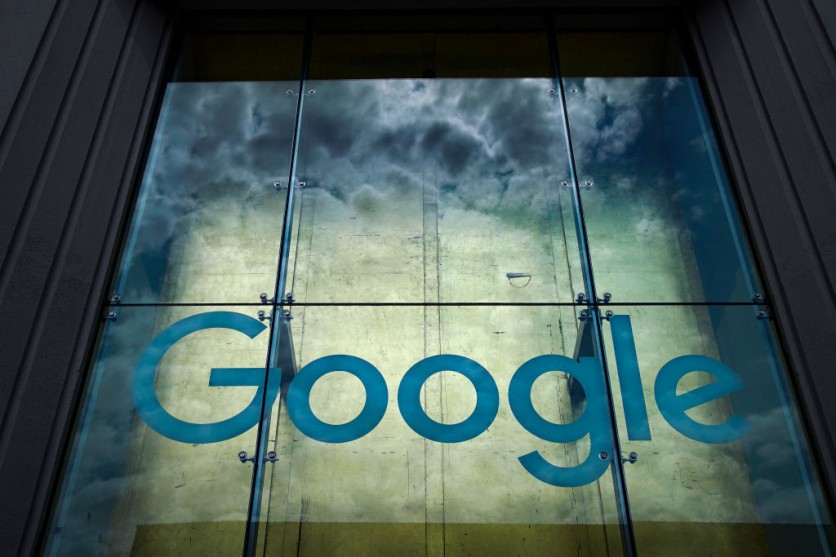Google introduced its latest AI model, Gemini, on December 6, asserting its position as the market's most advanced, surpassing OpenAI's GPT-4. Designed as a multimodal model, Gemini excels at integrating various types of information and offers three versions (Ultra, Pro, and Nano) tailored for diverse applications.
Gemini claims proficiency in advanced math and specialized coding, outperforming GPT-4, as notably demonstrated in benchmark tests. According to CoinTelegraph, the Gemini Ultra version showcased "state-of-the-art performance" in 30 out of 32 academic benchmarks. However, online critics are questioning Gemini's proclaimed superiority, scrutinizing benchmark testing methods and Google's marketing strategies.

Google Admits 'Edited' Video
Google's Gemini asserts its excellence in answering questions through voice, video, photos, and typed text. While Google's data suggests Gemini Ultra's outperformance of GPT-4 in standard benchmarks, the improvements are marginal, with Gemini surpassing GPT-4 by a few percentage points. Notably, OpenAI completed GPT-4 at least a year ago, emphasizing Google's delayed progress.
The unveiling of Gemini featured a video demonstration that raised authenticity concerns. The video showcased the model's ability to track a paper ball and infer a dot-to-dot picture, demonstrating impressive reasoning abilities. However, experts pointed out that ChatGPT Plus could replicate a number of the video's features.
Google acknowledged the edited nature of the video, with reduced latency and shortened Gemini outputs for brevity. The demonstration was not conducted in real-time or in voice, as clarified by a Google spokesperson. The spokesperson stated the video used still image frames and text prompts, deviating from the implication of real-time voice conversations.
In its YouTube description, Google clarified, "For the purposes of this demo, latency has been reduced and Gemini outputs have been shortened for brevity." This implies the actual response time may be longer than portrayed in the video, as per an article from Financial Review.
Google, this is embarrassing.
— Santiago (@svpino) December 6, 2023
You published an impressive video showing Gemini answering your questions. It looked awesome. It looked real-time.
But it was a lie. None of that happened as recorded and presented to the public.
Instead, you cherry-picked frames and edited a… pic.twitter.com/GjyqWPyaIu
Gemini's marketing strategy emphasizes Google's extensive AI research team and vast data resources. The company aims to highlight its deployment on platforms like Chrome, Android, and Pixel phones. However, historical examples caution against assuming ubiquity ensures success in the tech world.
Will Gemini's Reign Last Long?
Gemini Ultra, Google's top AI model, shows marginal improvements over GPT-4 in various benchmarks. Despite advancements, its public release is pending, with indications suggesting a potential launch in early January. Industry experts speculate Gemini Ultra's reign may be short-lived, considering the time taken for Google to catch up, allowing OpenAI to develop GPT-5.
The timing of Google's Gemini launch appears calculated to capitalize on turmoil at OpenAI, including a board coup. Google initiated a sales campaign targeting OpenAI's corporate customers, according to Bloomberg, citing a report from The Wall Street Journal. Due to its bureaucratic structure and past unrealized technology like Duplex, skepticism remains about Google's ability to swiftly deliver innovative products.
Related Article: UK Competition Watchdog Launches Review of Microsoft's OpenAI Investment

![Apple Watch Series 10 [GPS 42mm]](https://d.techtimes.com/en/full/453899/apple-watch-series-10-gps-42mm.jpg?w=184&h=103&f=9fb3c2ea2db928c663d1d2eadbcb3e52)



